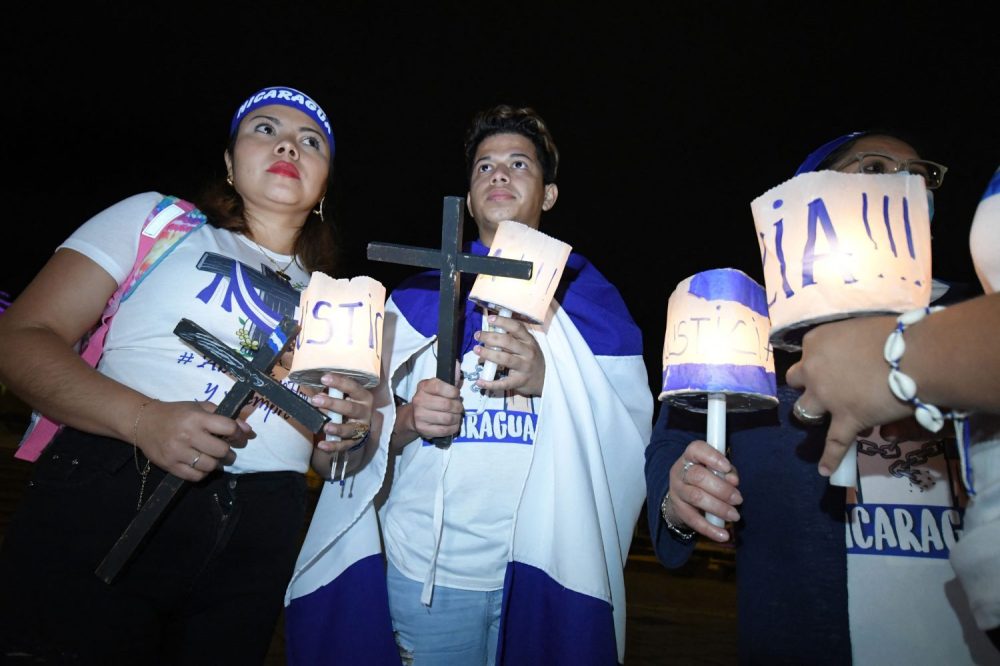Nicaragua’s crackdown on the political opposition, free press, and civil society is intensifying. On Feb. 15, the government of Nicaraguan President Daniel Ortega stripped 94 prominent Nicaraguans of their citizenship. Among those targeted were high-profile journalists, human rights advocates, the auxiliary bishop of the capital city Managua, and even celebrated authors Giocanda Belli and Sergio Rodriguez. Their offense? The same blanket claim that Latin America’s longest-serving strongman and his public prosecutor slap on anyone with an opinion: “treason.”
Indeed, Ortega and his party, the Sandinista National Liberation Front, have been on a roll. Between 2007 and 2022, the Sandinista-controlled parliament shut down more than 3,100 non-government organizations (NGOs), close to half of all the country’s nonprofits involved in providing health, education, and community assistance. The initial targets were organizations led by prominent opposition figures who were accused of having a “foreign interest,” but many subsequent ones were not, and they include groups advocating for issues such as clean drinking water or women’s rights. Supporters of the crackdown claim these NGOs operate as fronts for anti-Sandinista political activities. But a recent investigation suggests the mass closure of NGOs has affected at least half a million Nicaraguans who benefited from millions of dollars’ worth of social programs—losses could exceed $200 million, according to the investigation.
Last month, Nicaragua also expelled 222 political prisoners, including political and business leaders, journalists, civil society representatives, and students—all of them now in exile in the United States. The Managua Appeals Court ruled that they were part of a cabal to undermine Nicaragua’s independence and sovereignty. The Ortega-controlled parliament agreed, recommending they be stripped of their citizenship. The United Nations described the measures as in…
Read the full article here





